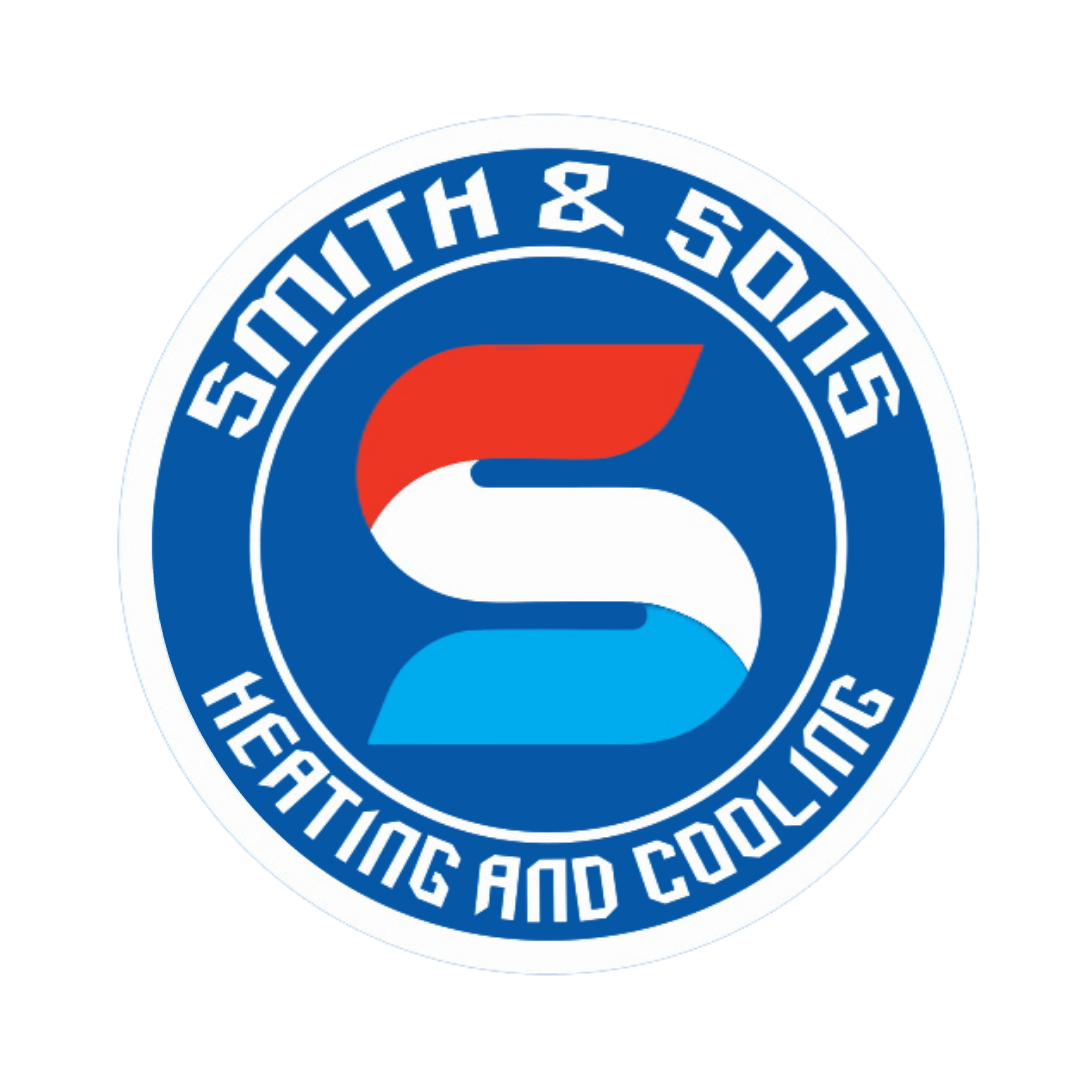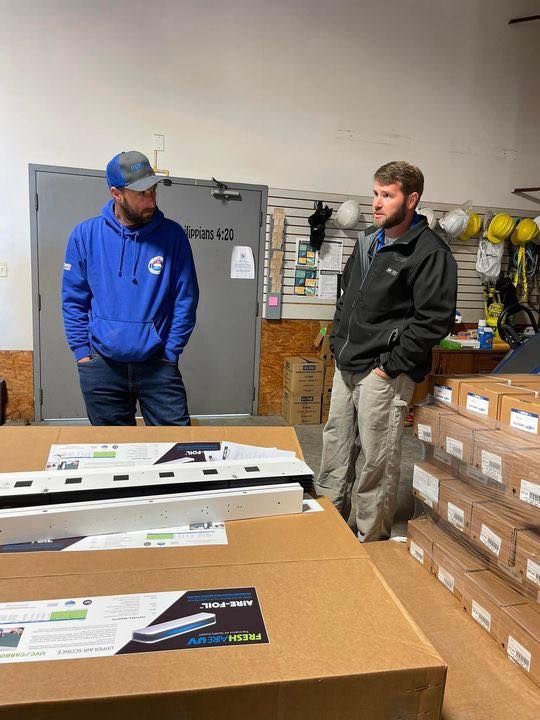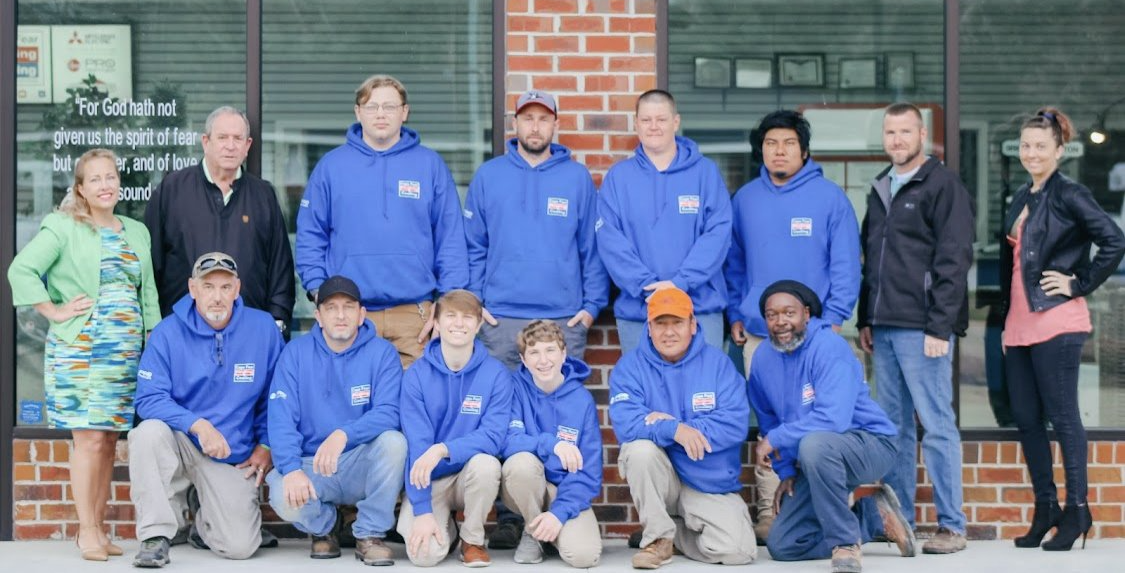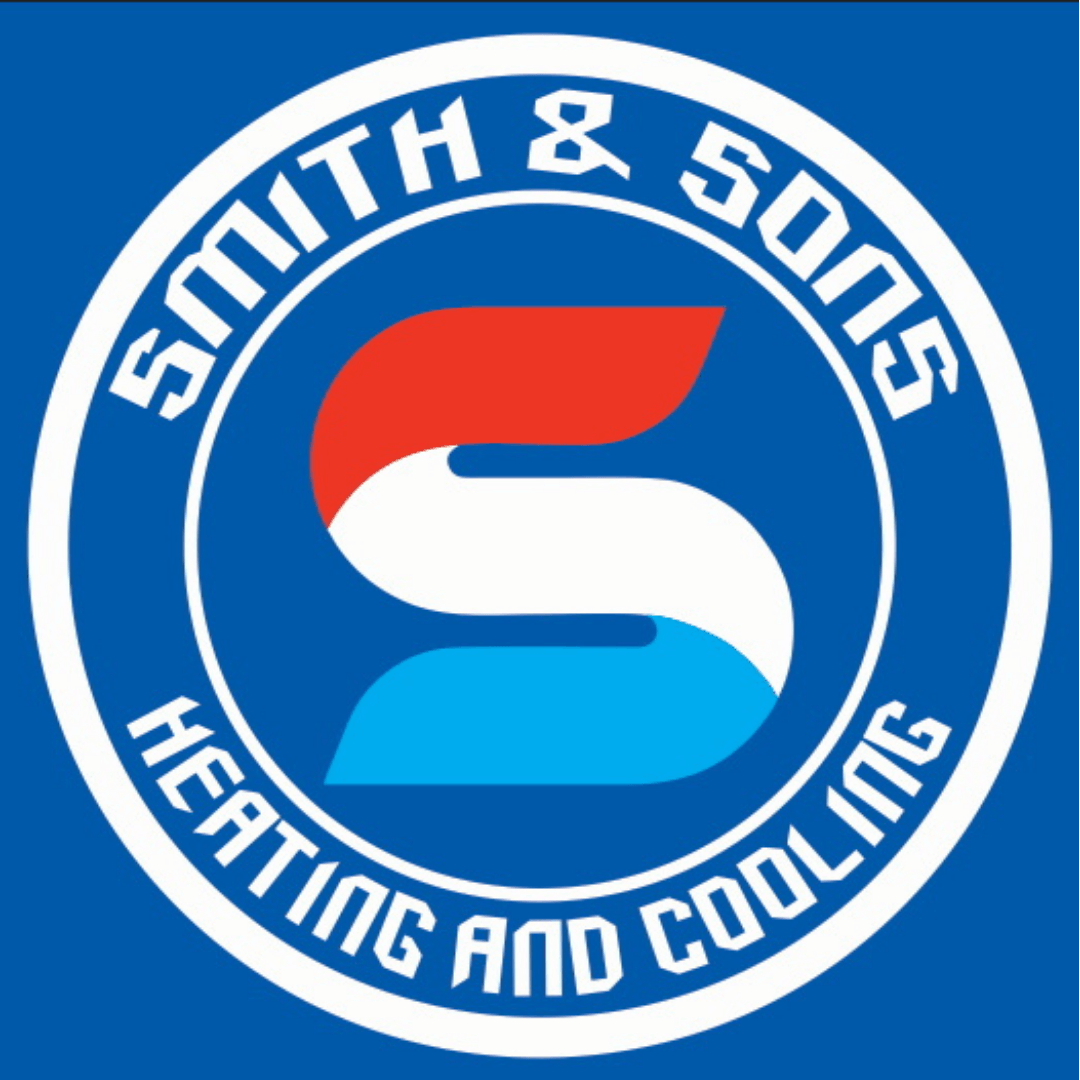
Submit a review:
Check back here regularly to find more! Information found at Rheem Pro Partners.
Check out our YouTube Channel videos:
Check out our Blog Posts...
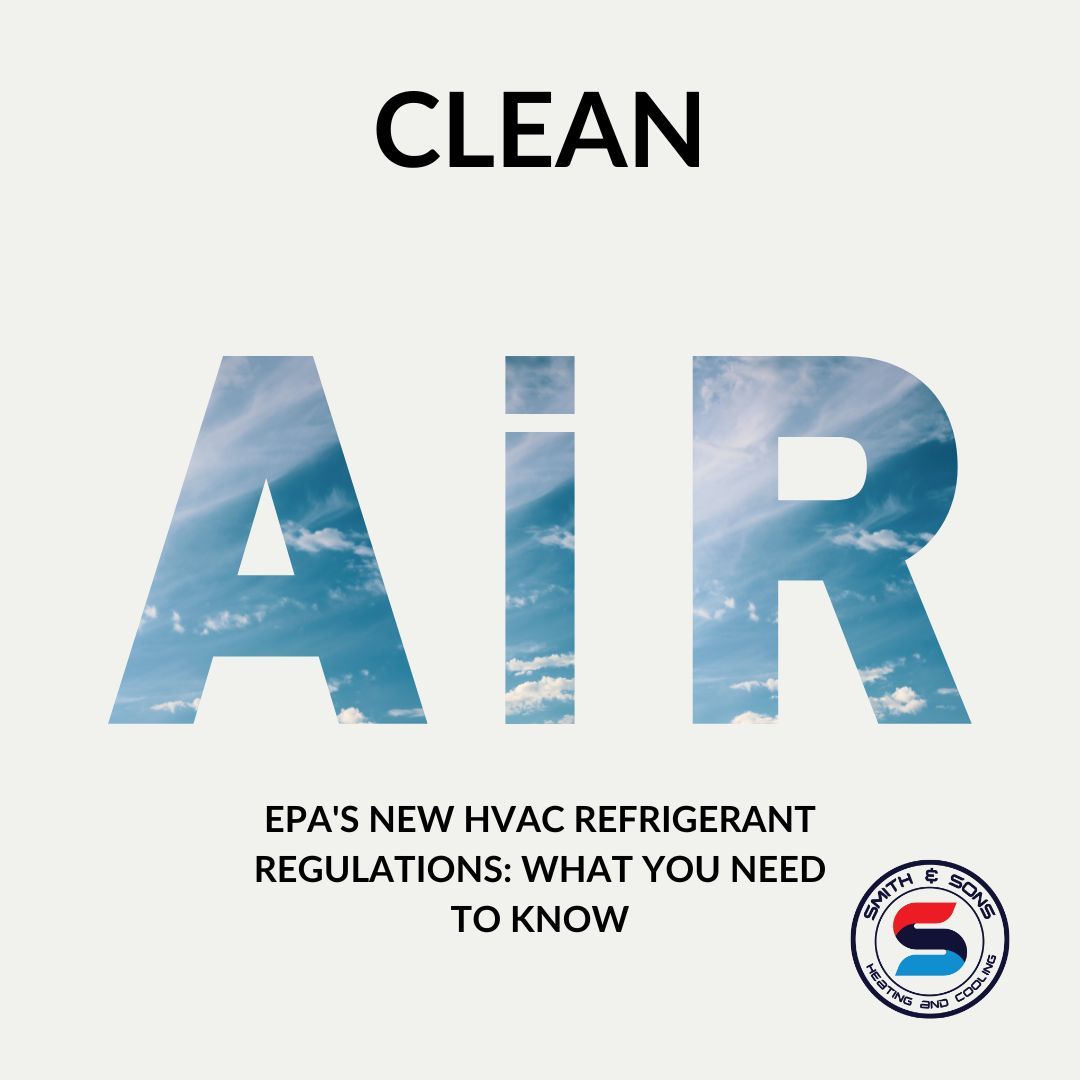
The Environmental Protection Agency (EPA) has recently introduced a set of regulations that will significantly impact the HVAC industry. These regulations have been implemented to protect the environment and combat ozone depletion. Let's delve into the details of these new regulations, their significance, and their implications for the HVAC industry.
Overview of New EPA HVAC Refrigerant Regulations
The EPA has been actively revising the regulations governing refrigerants under the Clean Air Act, with a particular focus on hydrofluorocarbon (HFC) refrigerants commonly used in residential and commercial cooling systems. These new regulations are aimed at reducing the usage of high global-warming potential (GWP) refrigerants while encouraging the adoption of more eco-friendly refrigeration solutions that improve energy efficiency and reduce environmental impact.
The upcoming EPA rules will substantially impact the production and distribution of air conditioners, HVAC units, and other cooling systems used in residential and commercial settings.
Recent Developments in EPA HVAC Refrigerant Regulations
The EPA's most recent regulatory efforts have centered around phasing out the use of high GWP HFC refrigerants, which can harm the environment. By amending the Clean Air Act, the EPA intends to gradually curtail the production and usage of HFC refrigerants, eventually replacing them with refrigerants of lower GWP or natural alternatives.
Furthermore, the EPA has established specific limits for new air conditioners and HVAC equipment manufactured after specific dates. These new rules also introduce certification and training requirements for service technicians, ensuring proper refrigerant management and the maintenance of HVAC units.
Importance of New Regulations for the HVAC Industry
The HVAC industry is pivotal in implementing these new EPA refrigerant regulations. By transitioning to low GWP refrigerants, the industry can significantly reduce the environmental impact of cooling systems. This shift toward greener refrigerants also sets the stage for technological advancements, energy efficiency improvements, and opportunities for HVAC professionals to contribute to a more sustainable future.
Key Objectives of the New EPA HVAC Refrigerant Regulations
The primary goals of the new EPA refrigerant regulations can be summarized as follows:
1. Gradually phasing down the production, importation, and use of harmful HFC refrigerants.
2. Establishing GWP limits for new air conditioners, HVAC units, and refrigeration systems.
3. Promoting the use of environmentally friendly refrigerants and natural refrigeration solutions.
4. Enhancing certification and training requirements for service technicians involved in refrigerant management.
5. Improving maintenance and recordkeeping practices for refrigerant handling to minimize leaks and emissions.
Key Changes in EPA Section 608 Regulations
The Clean Air Act Section 608 outlines various provisions related to refrigerant management to minimize the release of ozone-depleting substances into the environment. As part of the new refrigerant regulations, the EPA has introduced several changes to Section 608, focusing on leak repair provisions, restrictions on refrigerant sales, and updates in maintenance and recordkeeping requirements.
Leak Repair Provisions
The new refrigerant regulations aim to minimize refrigerant leaks in HVAC units and commercial refrigeration systems by implementing strict leak repair provisions. These regulations require equipment owners and operators to promptly repair leaks when the leak rate exceeds a certain threshold, as determined by the EPA. The provisions also mandate the use of leak detection and repair practices to prevent the release of environmentally harmful refrigerants.
Restrictions on Sales of HVAC Refrigerants
One significant change in EPA Section 608 pertains to restrictions on the sale of refrigerants. These provisions stipulate that only certified service technicians may purchase or handle refrigerants with a GWP exceeding a specific threshold. This ensures that only professionals with proper training in refrigerant management handle ozone-depleting refrigerants, reducing the risk of leaks and emissions.
These provisions also impact the sale and distribution of HVAC units containing harmful refrigerants, such as R22. For example, the EPA has introduced ENERGY STAR certification requirements for new home air conditioners, imposing limits that manufacturers must meet to qualify for ENERGY STAR labeling.
Updates in Maintenance and Recordkeeping Requirements
The new refrigerant regulations impose updated maintenance and recordkeeping requirements to ensure proper refrigerant management. These provisions require service technicians to recover any released refrigerants during system maintenance and verify the absence of new leaks after repairs. HVAC professionals are also required to maintain detailed logs of refrigerant use, storage, and disposal to track refrigerant inventory and comply with EPA rules.
HVAC Refrigerant Changes
Another significant change resulting from the new EPA regulations is the shift from R410A refrigerant to R454B or. R410A, commonly known as Puron, is a hydrofluorocarbon (HFC) refrigerant known for its environmental impact. It is being replaced by R454B or R-32 (depending on the manufacturer), an environmentally-friendly alternative that offers improved energy efficiency and reduced carbon footprint for HVAC systems.
Impacts of New Regulations on HVAC Contractors and Technicians
The implementation of the new EPA refrigerant regulations will bring substantial changes for HVAC contractors and technicians in the United States. These regulations aim to reduce the use of refrigerants that pose environmental threats, primarily HFC refrigerants, in both residential air conditioners and commercial refrigeration systems. Consequently, contractors and technicians must adapt to the forthcoming EPA rules to remain compliant and provide effective services to their clients.
Updated HVAC Tools and Equipment for Leak Detection
The shift toward more eco-friendly refrigerants will necessitate the use of updated HVAC tools and equipment for leak detection. Newer refrigerants often have different properties than traditional HFC refrigerants, requiring technicians to use appropriate tools to detect leaks accurately and maintain correct refrigerant levels. This includes the detection of leaks in various environments, such as residential air conditioning systems, large commercial HVAC systems, or industrial refrigeration systems.
Increased Compliance and Enforcement from EPA
With the introduction of the new refrigerant regulations, the EPA is expected to enhance its compliance and enforcement efforts. This means HVAC contractors and technicians can anticipate more frequent inspections and audits to ensure adherence to the new regulations and proper refrigerant handling. The EPA may impose strict fines and penalties on businesses found to be non-compliant. Therefore, contractors and technicians must be prepared for these inspections by obtaining the necessary certifications, using proper tools and equipment, and following the new regulations closely.
Benefits of Compliance with EPA Refrigerant Regulations
Now, let's explore the key benefits of complying with the EPA's refrigerant regulations:
1. Ensuring Environmental Sustainability
By adhering to the new EPA refrigerant regulations and transitioning to more natural refrigerants, HVAC contractors and technicians actively contribute to environmental sustainability. The use of these new refrigerants can significantly reduce the overall impact of HVAC systems on ozone depletion, as they have lower effects compared to traditional HFC refrigerants.
2. Improved Health and Safety
One of the primary objectives of the new EPA refrigerant regulations is to promote the safe handling, installation, and servicing of HVAC units using refrigerants. The mandatory training and certification requirements ensure that HVAC technicians possess the necessary skills and knowledge to work safely with these new refrigerants. By using safer alternatives, HVAC contractors can significantly reduce the risks associated with potential refrigerant leaks, fires, and exposure to toxic chemicals, thereby improving health and safety conditions for both technicians and consumers.
3. Long-Term Cost Savings
While transitioning to newer, more natural refrigerants may entail initial upfront costs for HVAC contractors and technicians, the long-term cost savings should significantly reduce energy costs while reducing the overall impact of HVAC systems on ozone depletion, as they have a lower effect than traditional HFC refrigerants.
Daine Smith, the licensed proprietor of Smith & Sons Heating & Cooling , shares his proactive approach to adapting to the upcoming industry changes set to take effect on January 1, 2025. He emphasizes that their team has already initiated the process of retrofitting or upgrading tools and equipment to align with the impending shifts.
Furthermore, Smith & Sons Heating & Cooling diligently commenced training their team members in early 2022 to ensure compliance with the latest industry standards, which will become effective in January 2025. With a focus on the choice of manufacturer, Amana, Smith states, "We have complete confidence in Amana's utilization of R32, a single compound refrigerant."
Smith also underscores their commitment to excellence, asserting that all their technicians will receive comprehensive training and readiness to proficiently service all equipment containing any A2L refrigerants, regardless of the manufacturer.
In conclusion, the Environmental Protection Agency's (EPA) new HVAC refrigerant regulations mark a significant milestone for the HVAC industry. These regulations, introduced to safeguard the environment and address ozone depletion, have far-reaching implications for the industry's future. We have explored the intricacies of these regulations, highlighting their importance and the various ways they will affect HVAC contractors and technicians.
As we heard from Daine Smith, owner of Smith & Sons Heating & Cooling, proactive measures are already underway within the industry to align with the new standards. The commitment to retrofitting equipment, comprehensive training, and a focus on environmentally conscious manufacturers demonstrate the dedication of HVAC professionals to ensuring compliance and delivering top-notch service to their customers. As the industry evolves, it stands at the forefront of change, ready to meet the challenges and opportunities.
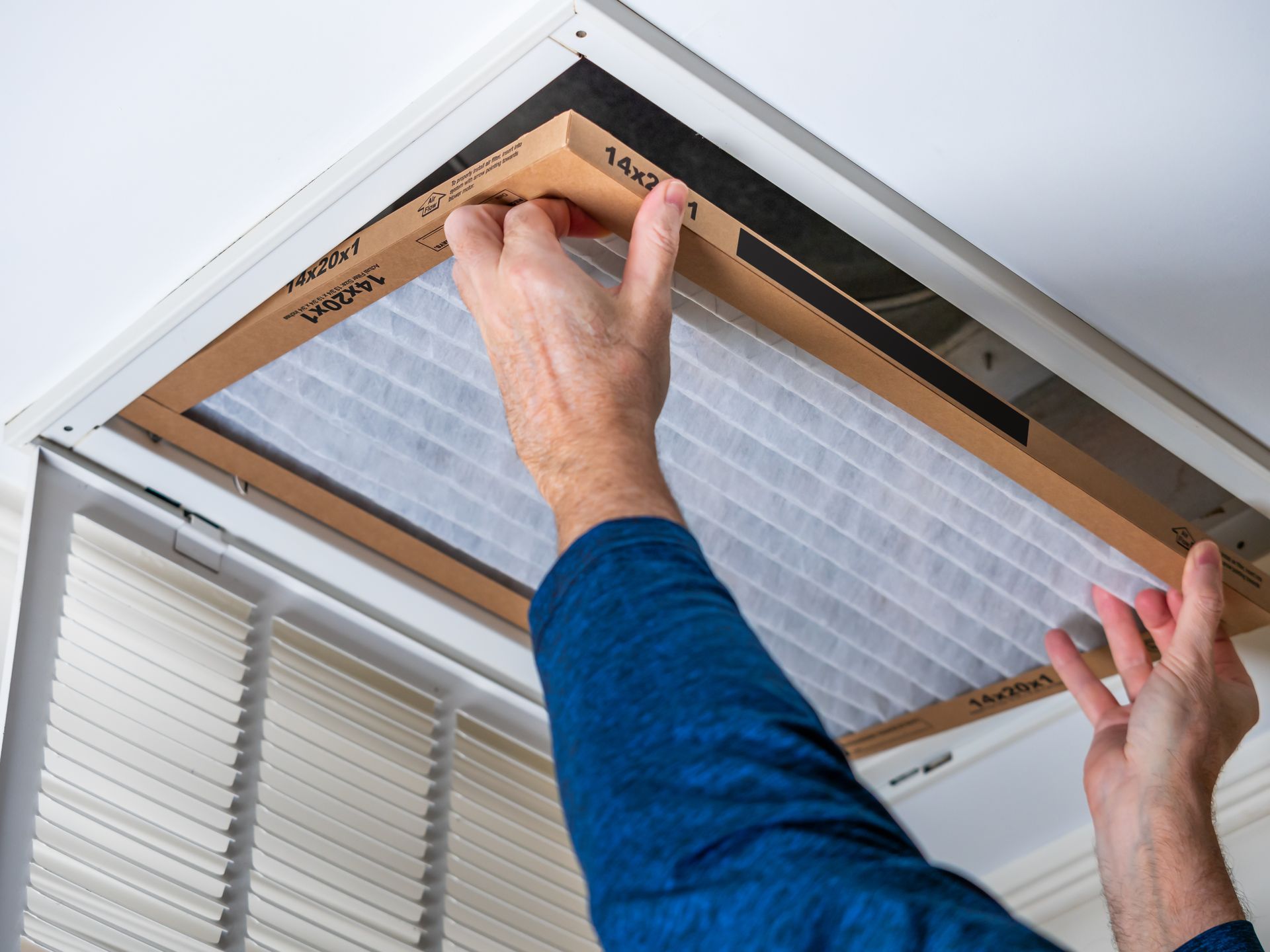
As we revel in the warmth of crackling fireplaces and the soft glow of holiday candles, it’s easy to overlook the impact on our indoor air quality. With the increased use of such winter comforts and the residual dust from festive decorations, our HVAC systems face a greater challenge in maintaining optimal efficiency.
Did you know that clogged filters can hinder the performance of your HVAC system and lead to increased energy consumption? According to the U.S. Department of Energy, a dirty filter can cause a 15% spike in energy usage. In the winter, when heating systems are already working overtime to keep us cozy, this inefficiency can translate to higher energy costs.
To ensure your home remains a haven of warmth and clean air, consider these essential tips:
1. Regular Checks and Replacements:
Make it a habit to inspect and replace HVAC filters regularly, especially after the holiday season. This simple task can significantly enhance your system’s efficiency and contribute to better indoor air quality.
2. Energy Efficiency Matters:
A clean filter allows your heating system to operate more efficiently, reducing the strain on the unit and ultimately lowering your energy bills. Consider it a cost-effective investment in both your comfort and your wallet.
3. Post-Holiday Cleanup Routine:
Incorporate HVAC filter checks into your post-holiday cleanup routine. As you pack away decorations and tidy up, take a moment to ensure that your heating system is ready to face the remainder of the winter season.
4. Year-Round Benefits:
Filter maintenance isn’t just for the winter months. Regular replacements throughout the year contribute to consistent energy efficiency and a healthier living environment.
This winter, let’s not only enjoy the cozy ambiance created by fireplaces and candles but also take proactive steps to maintain our HVAC systems. By replacing filters and ensuring optimal efficiency, we not only reduce energy consumption but also promote a home environment that nurtures well-being throughout the year.

-
Keep Your AC Maintained: Schedule regular maintenance for your air conditioning system. Clean filters, well-functioning components, and optimal refrigerant levels ensure your AC operates efficiently, keeping your indoor environment cool while saving energy.
-
Programmable Thermostat: Invest in a programmable or smart thermostat to adjust the temperature based on your schedule. Set higher temperatures when you're away and lower temperatures during your return to save energy without sacrificing comfort.
-
Seal and Insulate: Ensure your home is properly sealed and insulated to prevent cool air from escaping and warm air from entering. Sealing gaps and adding insulation will help your AC work more effectively.
-
Utilize Fans: Ceiling fans and portable fans create a wind-chill effect, making you feel cooler without lowering the room's temperature. Use fans in occupied rooms to enhance comfort while giving your AC a bit of a break.
-
Limit Heat Sources: During the hottest parts of the day, minimize the use of heat-producing appliances like ovens, stoves, and dryers. Opt for outdoor cooking or use a microwave instead.
-
Close Curtains and Blinds: Keep curtains and blinds closed during the sunniest hours to block out the heat from the sun. This simple step can significantly reduce indoor temperatures.
-
Create Cross-Ventilation: Open windows and doors on opposite sides of your home to allow for cross-ventilation, facilitating better airflow and cooling.
-
Stay Hydrated: Drink plenty of water throughout the day to stay hydrated and regulate your body temperature effectively.
-
Avoid Peak Energy Hours: If your electricity bill varies with time-of-use pricing, try to avoid using major appliances during peak energy hours when rates are higher. Use them during off-peak hours instead.
-
Consider Zoning: If possible, implement a zoning system in your home. This way, you can cool specific areas that are frequently used while leaving unoccupied spaces at a slightly higher temperature.
-
Shade Outdoor Units: If you have an outdoor AC unit, provide some shade for it, but ensure it's not obstructed. Shading the unit can improve its efficiency by preventing it from being exposed to direct sunlight.
-
Stay Informed about Energy-Saving Features: Familiarize yourself with the energy-saving features of your HVAC system. Some models have eco modes or energy-saving options that can help you conserve energy and cut down on cooling costs.
By following these expert tips, you can make the most of your HVAC system and enjoy a comfortable, cool summer indoors. Remember that proper maintenance and energy-conscious habits will not only keep you comfortable but also save on energy bills and reduce your carbon footprint. Also, don't forget to change your filters monthly. Stay cool!
5 Advantages of Heat Pumps
To cut down on the high cost of heating your home, you have two options.
You can either lower the temperature in your home or increase the efficiency of your heating system. Nobody wants to freeze so increasing efficiency is definitely the better option. One way you can improve your energy efficiency is by installing a heat pump. Heat pumps are heating and cooling systems that many people overlook.
There are several advantages to installing a heat pump in your home.
1. You can accomplish both your heating and cooling with one unit.
2. Heat pumps deliver double the energy that they consume, thus saving you money.
3. If you have asthma or allergies, a heat pump may help reduce your symptoms because it pumps out cleaner air than other HVAC systems.
4. Your house will have a more balanced temperature because heat pumps offer better air circulation.
5. If you need to sell your home, your heat pump installation may net you a higher appraisal value, giving you greater long-term value.
How a heat pump works:
Rather than having separate heating and air conditioning units, a heat pump does both. By collecting the heat in the air and pushing it in and out of your home, it can regulate the temperature during any season.
During the winter, your heat pump pulls in the air from your home. It forces the cold air outside and releases the warmer air back into the house. In summer, it reverses the process. The hot air is forced outside, and the cold air is pumped back into the house.
There are a few things to consider before purchasing a heat pump.
1. When temperatures drop below freezing, then a heat pump has to work pretty hard to separate the cold air from warmer air. Over time, this can shorten its life.
2. Heat pumps don’t heat air like a furnace. Therefore the ambient temperature might feel less warm. Some people don’t care for the more moderate temperatures.
3. Heat pumps need regular maintenance throughout the year, and repairs need to be done by a trained technician who understands heat pumps and how they work. This generally means higher maintenance costs.
When your HVAC system is running smoothly,
Scheduling maintenance appointments may be way down at the bottom of your to-do list. However, annual HVAC maintenance is the easiest and most economical way to ensure your air conditioner and heating system is working properly and safely all season long. Taking care of your equipment improves energy efficiency and prevents the inconvenience of breakdowns and costly emergency repairs. It also keeps your system from needing a replacement prematurely. Preventive maintenance is the best way to protect this significant investment in your home.
5 Benefits to invest in regular maintenance
Here are the top five reasons you should invest in regular HVAC preventive maintenance according to RheemPro Partners:
1. Increases energy efficiency
An HVAC system that has to work harder to maintain the proper temperature uses more energy. Regular maintenance keeps your system running as efficiently as possible and that can translate into substantial energy cost savings over time.
2. Lengthens the lifespan of your air conditioner and heating system
Normal wear-and-tear occurs over time as your heating unit and air conditioner are used normally and can get worse as the equipment ages without proper care. Regular maintenance decreases that wear-and-tear, effectively prolonging the life of your system. This means more years of service before you need a replacement.
3. Improves indoor air quality
Indoor air pollution has become an increasing problem as our homes are sealed more tightly against the elements, trapping harmful or irritating substances such as dust, cigarette smoke and pet dander, inside. This is particularly troubling for people with allergies or respiratory illnesses. Regular HVAC maintenance keeps your system clean and ensures that the air circulating throughout your home is clean and well-filtered.
4. Ensures the safety of your home
A poorly maintained HVAC system can result in a carbon monoxide leak. Preventive maintenance typically includes a carbon monoxide test which can detect a potential hazard before it becomes deadly.
5. Minimizes air conditioner and heating repairs
A trained HVAC technician can catch small problems while they are easy and inexpensive to fix, and even prevent problems from arising in the first place. Maintenance appointments at the start of the season can be easily scheduled at your convenience. Regular maintenance prevents the need for emergency repairs, which are costly and inconvenient. During peak periods in winter and summer, any service call can be challenging to schedule as demand increases dramatically.
We offer a Customer Loyalty Program to help our customers protect their investment. Please contact us for more information or to schedule your HVAC system to be serviced.
ABOUT US
We have been servicing Bladen County, NC and the surrounding area with quality products and services you can depend on for years.
We are proud to offer, service and install quality Rheem air conditioning and heating products. We also service all other major brands of equipment. We can help you determine the perfect system for your home or business regardless of size.
TESTIMONIALS
Timely manner, good job,neat work,very efficient
Jimmy Batton
New high efficiency heat pump installed. Contractor was prompt, reliable, courteous, knowledgeable and fast. New system is working very well.
Kincy Barrow
We've had nothing but great service and great products from Daine & his company. We would highly recommend them to anyone!
Michael Munford
Our a/c went out on one of the hottest days of summer and it was on a weekend, I called and the service man came out in a short while and fixed the problem in a matter of minutes. we were so thankful!
Kelly
We just received our first months light bill since your company installed our new Heat Pump. The bill was $128.00 lower than our lowest bill ever.
T. Blalock
Thank you, Daine! You just saved me over $1,500 on my air conditioning costs.
L. Cordle
The very best company to deal with. Everyone was very courteous and cleaned up after the installation was completed.
Elmer Tessenear
Great people and service. Highly recommend them!
New Paragraph
Submit a review:
